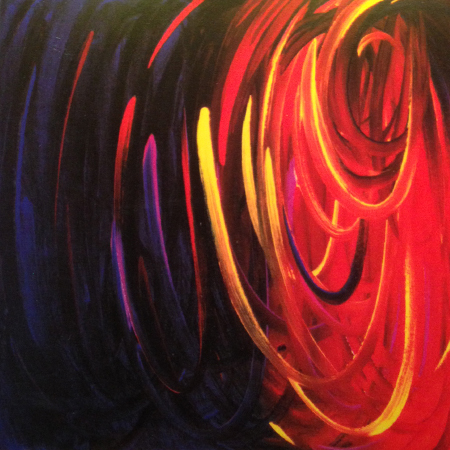Culture and Religion
Culture, religion, and personal beliefs are primary determinants of our grief response. How we view the world, life and death, and whether the experience of a death affirms or contradicts our view will influence the course of our grief. Beliefs and customs we adhere to affect what we feel and think and what we do in response to a death.
The incorporation of death into our worldview in a way that lends meaning to our existence can facilitate a healthy progression of our grief. Beliefs can provide a supportive internal structure that we can lean on during our painful course through grief. Being part of a community with like minds can provide the corresponding external structure of support. Under these circumstances mourning traditions and rituals are often in place as a conduit for our grief. Others are present to help direct and participate in the activities and process of purging our pain and commemorating the life of the deceased. But, life and death in modern society are often not so straightforward.
Cultural and religious beliefs and norms that may be a part of us can exist in contradiction to current understandings of life and the universe, and to broader societal norms of behavior. In addition, we must take into consideration the especially important aspect of how the death affirms, contradicts, or challenges us in what we have believed up to the point in time in which the death takes place. No matter whether we bring a traditional religious framework, agnostic or atheist belief system, beliefs that are not fully developed, a cynical, bitter point of view, or some other view of life and death to the time of our loss, how the death affirms, contradicts, or challenges our belief system will add, or not, to the burden of our grief.
This effect can, and does, happen in all directions. A death that is timely and fitting to our way of thinking will leave our worldview intact, and the challenge to our beliefs will not be added to the disruption inherent to grief. Deaths that are perceived as being spiritual can awaken a curiosity and awe even for those doubtful of this realm. Conversely, awful, traumatic, or untimely deaths that defy a sense of fairness and meaning, that strip us of our role, purpose, and any sense of meaningful control in life can rock, and even shatter, our faith.
Under these circumstances we can be filled with unexpected, distressing fear and insecurity. Anger without obvious remedy or that seems unjustified may accompany this fear and insecurity. All this too is part of grief. A period of reflection, searching, or counseling may be required to find equilibrium with the experience of serious loss and what it means about the world we live in. Reaching out for support and guidance from trusted friends and appropriate professionals can be much help when a challenge to our worldview is an element of our experience of loss and grief.
